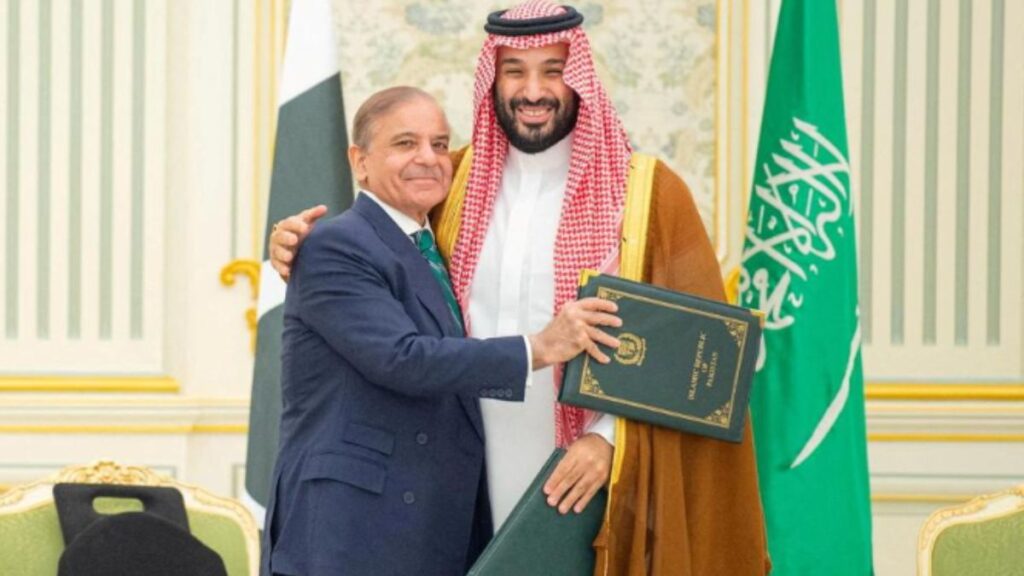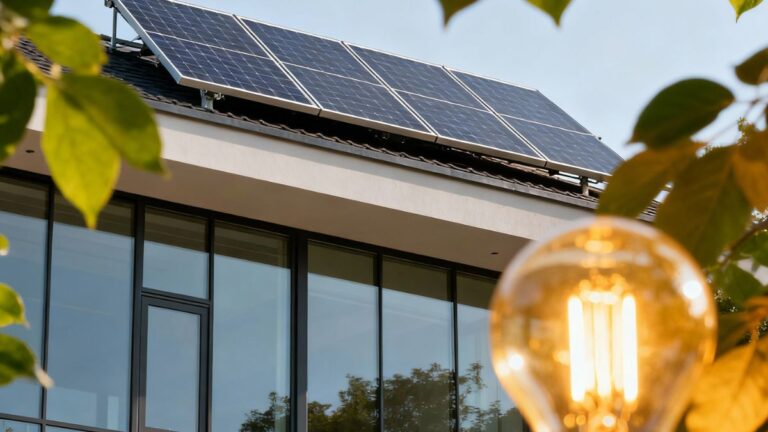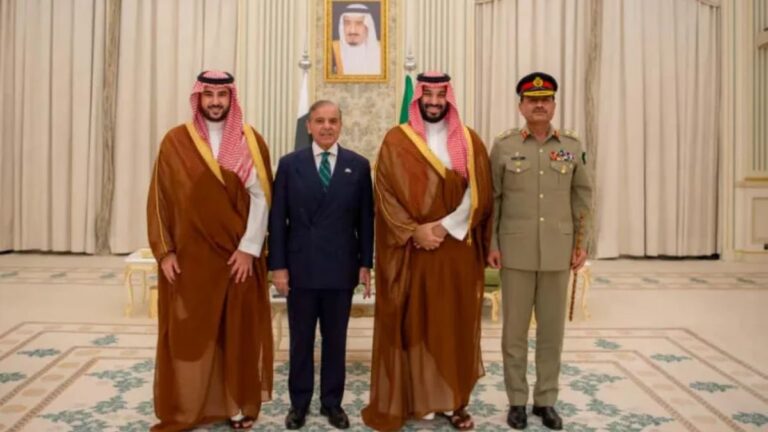
Recently, Saudi Arabia and Pakistan signed a Strategic Mutual Defence Agreement (17 September). This pact has created global discussion, especially after Pakistan’s Defence Minister hinted that Pakistan could make its nuclear program available to Saudi Arabia if needed. India has now sent a clear diplomatic message to Riyadh, asking it to respect India’s sensitivities while deepening ties with Pakistan.
Key Points of the Defence Pact
- If either Pakistan or Saudi Arabia is attacked, it will be treated as an attack on both (similar to NATO).
- Pakistan suggested its nuclear umbrella could extend to Saudi Arabia.
- Pakistan has ~170–174 nuclear warheads (2025 est.).
- Saudi Arabia is a non-nuclear state but has historically financed Pakistan’s nuclear program (1970s–80s).
- Pakistan is not an NPT signatory; Saudi Arabia is, so any nuclear transfer would violate NPT Articles I & II.
Possible Scenarios of Pakistan’s Offer
- Nuclear umbrella (deterrence only) – no transfer, but a declared security guarantee.
- Operational cooperation – joint planning, relocation of assets.
- Forward deployment – Pakistan deploys missiles/aircraft in Saudi Arabia.
- Actual transfer of nukes – the most dangerous, but also a violation of NPT.
Regional Implications
- Israel: Likely to see this as a direct threat and respond strongly.
- Iran: May accelerate its nuclear & missile program, given Sunni–Shia rivalry.
- Other Gulf States: UAE, Qatar, Bahrain might also seek nuclear protection.
- Global concern: Risk of nuclear proliferation in the Middle East.
India’s Response
- MEA spokesperson Randhir Jaiswal stated: India expects Saudi Arabia to take into account its long-standing strategic relationship with India while deepening ties with Pakistan.
- India indirectly warned Riyadh not to signal support for Pakistan in any future India-Pakistan conflict.
- India reminded Saudi Arabia of strong bilateral ties:
- Energy (Saudi is India’s 2nd largest oil supplier after Russia).
- Defence cooperation & joint exercises.
- Coordination on Afghanistan, Yemen, and Gulf regional stability.
India’s Strategic Approach Going Forward
- Diplomatic – maintain relations with Saudi Arabia, monitor developments closely.
- Defence preparedness – reassess Western border strategy against Pakistan.
- Intelligence cooperation – strengthen links with Gulf partners.
- Energy security – keep oil ties strong, as both countries depend on each other.
Underlying Reality
- This deal is more about Pakistan’s economic crisis.
- Pakistan needs Saudi money; Saudi gets a symbolic “nuclear umbrella.”
- For both, it’s a win-win bargain, but unlikely to change ground realities significantly.
Conclusion
India is cautious but firm. It does not see an immediate threat but expects Riyadh to balance relations carefully. The situation also highlights the fragile nuclear equation in the Middle East.
Follow Fusion IAS


